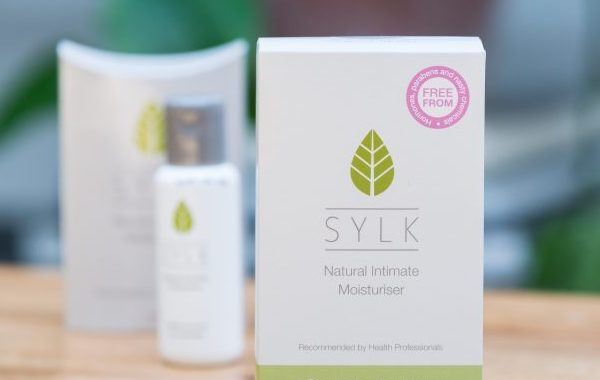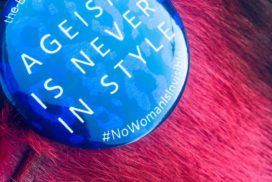Common and controversial
Sounds like the latest ‘B’ list soap star, but parabens have been around a long time, and are found in many household products: from shampoo to spray tan and everything in between, including
make-up and many moisturisers. Parabens are preservatives that inhibit the growth of fungus and bacteria, prolonging shelf life and allowing us to keep products at room temperature.
So what are they and how are they used?
Parabens are chemical preservatives widely used by pharmaceutical and cosmetic producers. The most common ones are prefixed by ethyl, methyl, heptyl, butyl and propyl or they are shortened to ‘E’ numbers. Less common parabens include isobutylparaben, isopropylparaben and benzylparaben and they’re sodium salts.
To find out more visit http://en.wikipedia.org/wiki/Paraben
The case for
Manufacturers face a dilemma: how to produce affordable, commercially viable products that have a good shelf life, do not need to be kept in the fridge and pass rigorous safety tests compliant with EU safety regulations.
Parabens have been used as preservatives for a long time, are cheap and effective and have no conclusive links to cancer or other serious health conditions.
The case against
Some research suggests parabens may have long term harmful effects on the human endocrine system and the wider eco system in the environment. The effects possibly interrupt hormone balance and traces of parabens have been found in breast cancer and other tumours. Earlier onset of puberty in girls and hormone induced changes in fish and other aquatic species have been blamed on ‘gender bender’ parabens but the jury is still out.
Sylk is paraben free
Using products containing parabens is a personal choice, but not one you have to consider when choosing Sylk intimate moisturiser.
Safe to use whenever you need to
Here at Sylk we use only the most natural female friendly ingredients. Sylk works with your body to complement and enhance your own natural lubrication. Sylks formulation is paraben and hormone free so you can use as much Sylk whenever and as often as you need to. To check out our safe natural ingredients visit our ingredients section.





Pingback: Who we are · Sylk Natural Intimate Moisturiser
Pingback: A guide to vaginal dryness, by Senior Menopause Nurse, Kathy Abernathy · Sylk Natural Intimate Moisturiser
Pingback: Prescribing information · Sylk Natural Intimate Moisturiser
Pingback: Cancer treatment · Sylk Natural Intimate Moisturiser
Pingback: Menopause dryness · Sylk Natural Intimate Moisturiser
Pingback: Pregnancy & post childbirth · Sylk Natural Intimate Moisturiser
Pingback: Who is Sylk for? · Sylk Natural Intimate Moisturiser
Pingback: How Sylk is made · Sylk Natural Intimate Moisturiser
Pingback: Why is Sylk best? · Sylk Natural Intimate Moisturiser
Pingback: What is Sylk? · Sylk Natural Intimate Moisturiser
Pingback: Research · Sylk Natural Intimate Moisturiser
Pingback: Research & PR · Sylk Natural Intimate Moisturiser